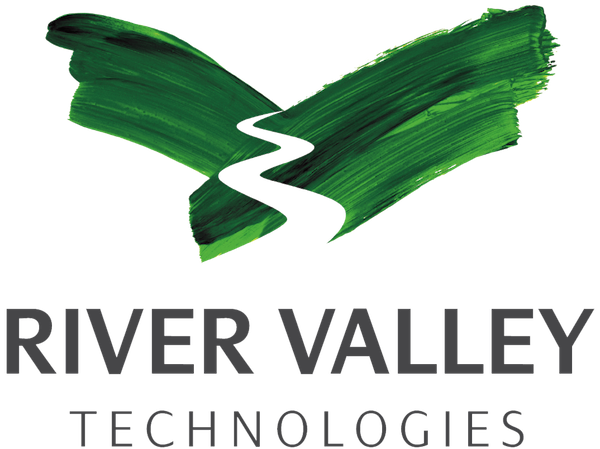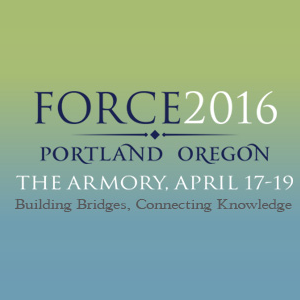Force 2016
Co-chairs: Catherine Brownstein and Rose Relevo
Co-chairs: Rebecca Boyles and Danny Kingsley
Maria Bonn Editor Journal of Electronic Publishing, Sr Lecturer University of Illinois
Melissa Haendel Oregon Health & Science University
Cassidy Sugimoto Associate Professor, School of Informatics and Computing, Indiana University Bloomington
Erick Turner Oregon Health & Science University
Co-chairs: Stacy Konkiel and Robin Champieux
Varsha Kodiyar Data Curation Editor, Scientific Data , Nature Publishing Group
Dominique Babini (Chair) CLACSO
Laura Foster Department of Gender Studies, Indiana University Maurer School of Law, USA
Juan Pablo Alperin Canadian Institute for Studies in Publishing and Public Knowledge Project, Simon Fraser University
John Brownstein, Bastian Greshake, Erick Turner, Melissa Haendel, and Robin Rice
Holly Bik Center for Genomics & Systems Biology at New York University
Dora Ann Lange Canhos Centro de Referência em Informação Ambiental, Campinas, Brazil
Co-Chairs: Steve Van Tuyl and Robert McDonald
Jeanette Mladenovic Executive Vice President and Provost, Oregon Health & Science University
Cameron Neylon http://cameronneylon.net/, @CameronNeylon
Melissa Haendel Associate Professor, Oregon Health & Science University
Co-chairs: Bruno Paschoal and Mercè Crosas
Chair: Marguerite Avery
Steven Pinker Department of Psychology, Harvard University
Neil Chue Hong Software Sustainability Institute – University of Edinburgh
Cesar A. Hidalgo Associate Professor, The MIT Media Lab, MIT
Christie Nicholson Alan Alda Center for Communicating Science
Co-chairs: Robert McDonald and Damian Pattinson
Room/Location:
Bianca Kramer, Jeroen Bosman and Maryann Martone
John Brownstein Chief Innovation Officer, Boston Children’s Hospital, Professor at Harvard Medical School, Co-Creator, HealthMap



